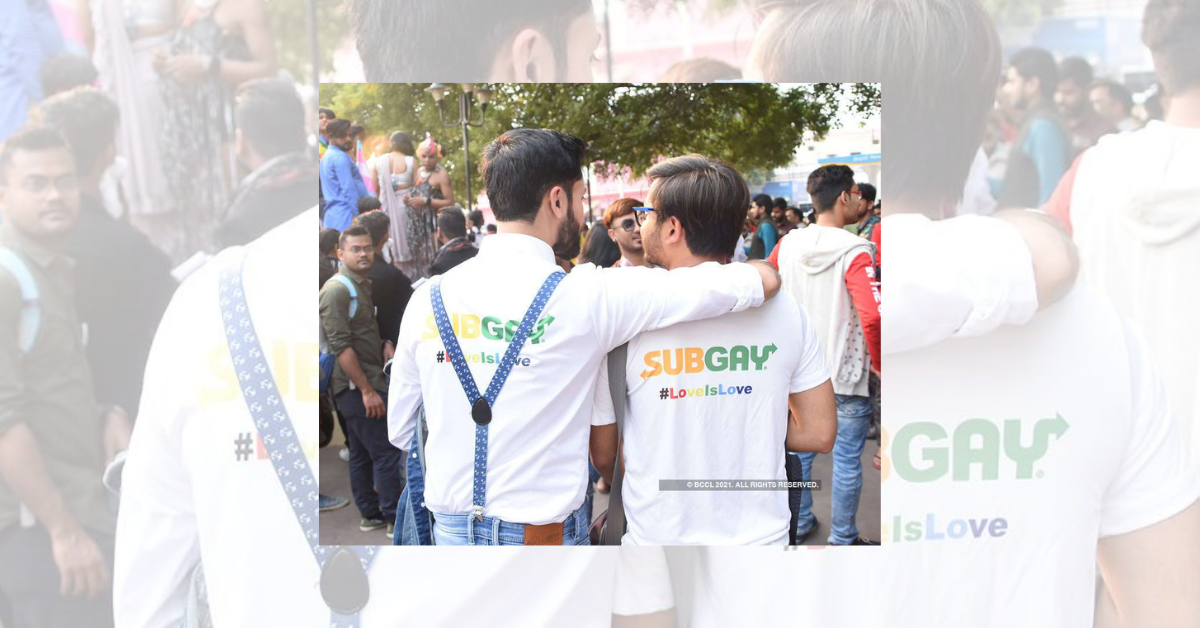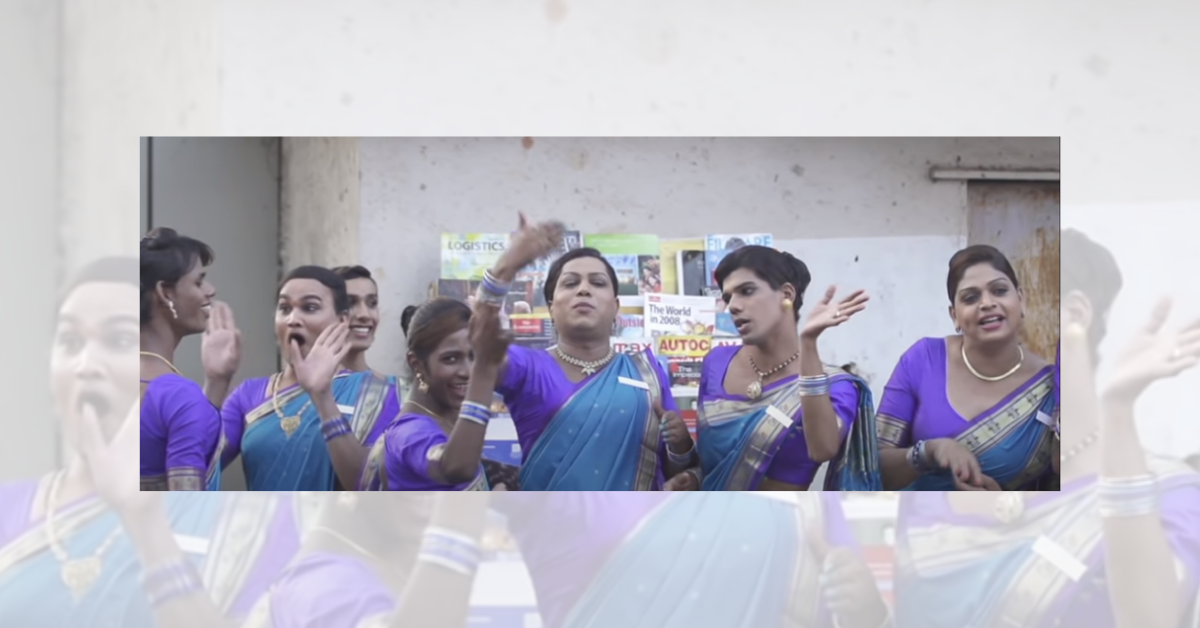In part II of this two-part series, the author delves into the question of how granting of sexuality rights is underlined by neoliberalism.
In part 1 of this two-part series, the author analyses the flipside of the affirmation of sexuality rights, through an analysis of pictures depicting the performance of these rights.
In this post, the authors argue that while the Navtej Johar judgment is tool for social change, it may be unable to function as an effective measure for social acceptance.
The history of the queer movement in India has been a history of continuous contestation, redefinition, and re-evaluation, all leading to the altar of the nation’s apex court. Today marks the...
In this post, the author traces the history of Section 377 and the queer movement in India. Starting from the implementation of this section in the colonial era to Naz and Koushal judgment, this post...
I recently wrote 3 guest posts for the Indian Constitutional Law and Philosophy blog reflecting on the legal journey of section 377, culminating in the just-concluded hearings in the Supreme Court. ...
Suresh Kumar Koushal v Naz Foundation (“Koushal”) is a bad decision which must be overturned. This is not a new or an original observation. (See, for example, most of December 2013 on this blog.)...
The impact of section 377 of the Indian Penal Code is not measurable solely by reference to formal prosecutions resulting in reported decisions. As the Delhi High Court found in Naz Foundation v...
Guest Post by Abhinav Sekhri The Indian Express recently reported that a District & Sessions Judge in Rewari, Haryana has referred a case to the Punjab & Haryana High Court. The issue...
Guest Post by Abhinav Sekhri and Devdutta Mukhopadhyay A little storm is brewing in the Delhi High Court. A bench of two judges (Chief Justice G. Rohini and Justice Sangita Dhingra Sehgal) issued...










